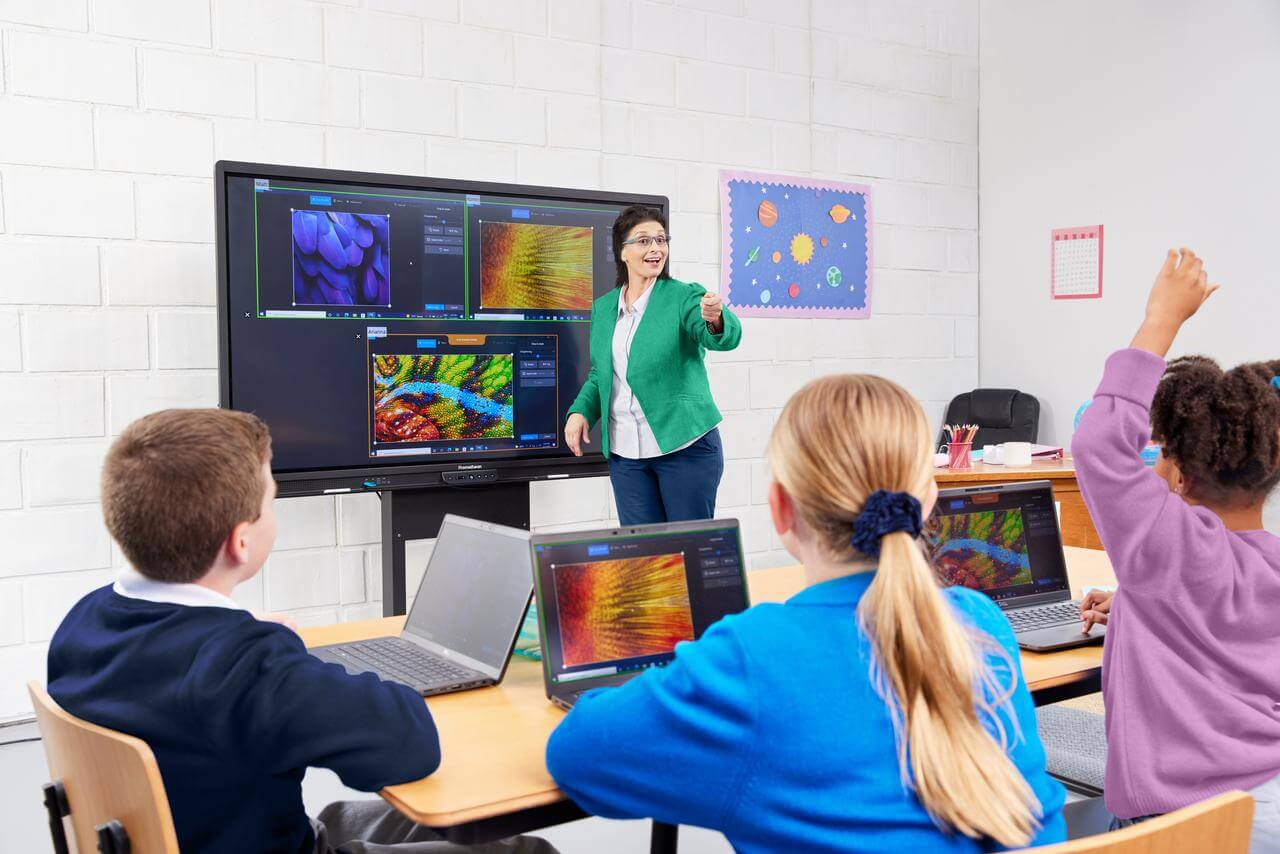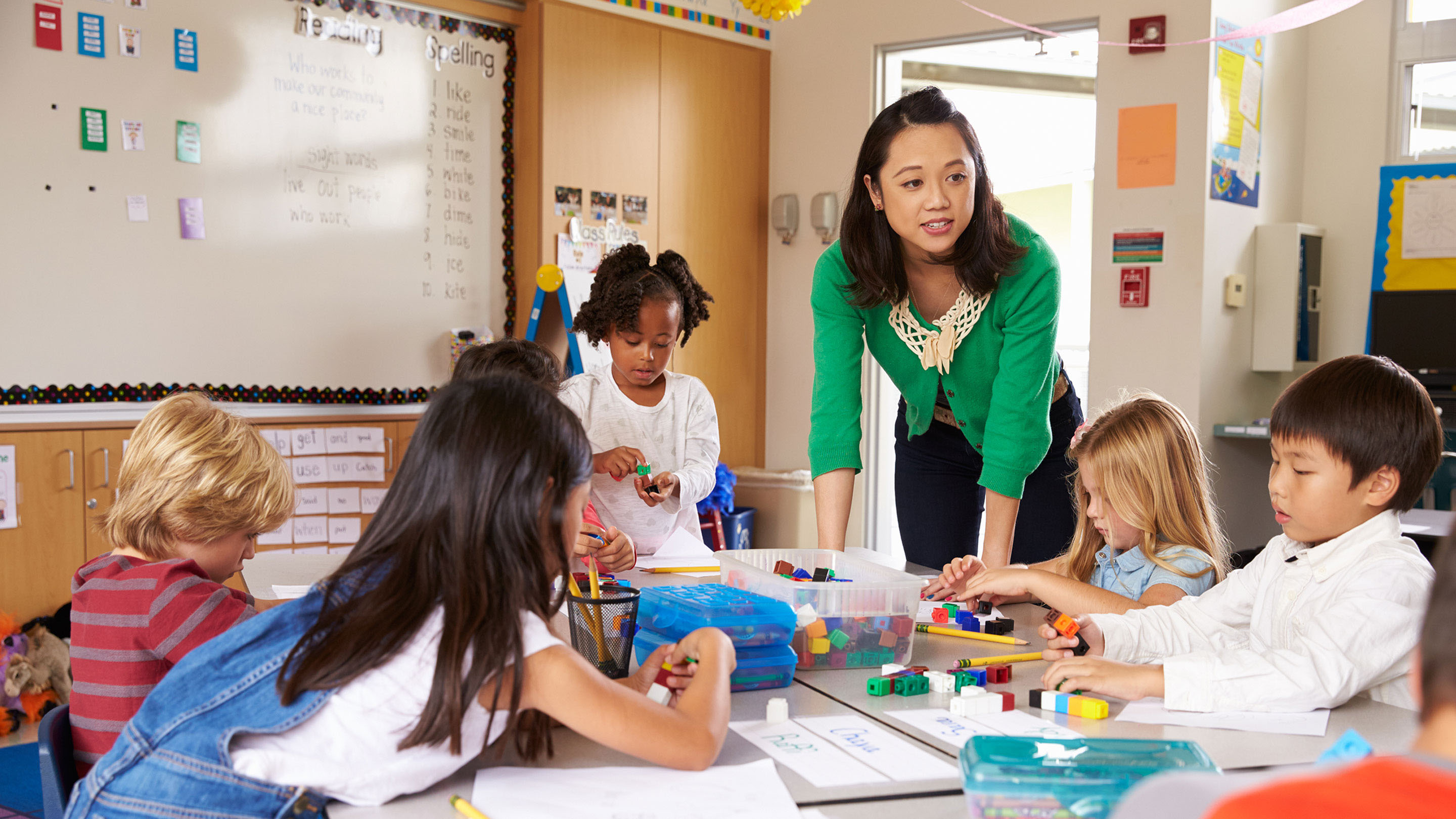Tailored Primary Science Tuition Singapore for Your Child’s Success
Tailored Primary Science Tuition Singapore for Your Child’s Success
Blog Article
Discover the Vital Benefits of Recognizing Primary Scientific Research for Young Learners
The value of key scientific research education for young learners extends far past plain knowledge procurement; it serves as an essential column in establishing necessary skills such as important reasoning, analytic, and imagination. Involving with scientific principles through interactive and inquiry-based activities not only cultivates interest however likewise prepares for durable, confident students. As we discover these benefits additionally, it ends up being clear that the implications for future scholastic and individual growth are extensive. What certain strategies can teachers utilize to make the most of these advantages?
Enhancing Critical Thinking Skills
Promoting essential believing skills in young learners is necessary for their cognitive development and future academic success. Essential reasoning enables youngsters to assess information, review proof, and make notified decisions, which are important abilities in today's information-rich society. By participating in scientific inquiry, young students can enhance these skills as they explore concepts via observation, thinking, and experimentation.
In main scientific research education, teachers can promote essential thinking by encouraging students to ask inquiries, create hypotheses, and carry out experiments. This hands-on technique enables kids to practice analytic and establish sensible thinking skills. When pupils examine the residential properties of products or the concepts of motion, they learn to analyze their searchings for seriously and attract conclusions based on evidence.
In addition, conversations and collective tasks can promote critical thinking by supplying opportunities for students to articulate their thoughts, obstacle assumptions, and consider varied point of views. By creating a supportive environment that values questions and representation, instructors can support essential thinking skills that equip young students to end up being independent thinkers and lifelong students. Inevitably, improving these skills lays a durable structure for their future academic undertakings and individual development.
Cultivating Interest and Expedition

Main scientific research education supplies an organized atmosphere where young students can explore various phenomena via hands-on experiments and observations. By allowing them to connect with products and involve in inquiry-based discovering, instructors create opportunities for youngsters to formulate theories, check their ideas, and reason. Such experiences nurture a sense of marvel and excitement about science.

Structure Confidence in Issue Solving
Building self-confidence in analytical is a crucial component of main science education and learning that equips young students to come close to challenges with resilience and creative thinking - primary science tuition Singapore. When youngsters are urged to involve with clinical concepts via hands-on activities and inquiry-based knowing, they establish vital skills in critical reasoning and analysis. This procedure not only enhances their understanding of scientific principles yet likewise fosters a feeling of ownership over their understanding
To build confidence, educators need to create a supportive atmosphere where errors are watched as possibilities for growth instead of failings. This motivates trainees to take threats and discover numerous options to issues. By giving scaffolding and guidance, educators can help trainees navigate intricate jobs, slowly raising their independence in problem-solving scenarios.
In addition, collective knowing experiences, such as group jobs or experiments, can further improve pupils' self-confidence as they discover to articulate their thoughts and pay attention to others' perspectives. These communications nurture social skills and reinforce the idea that problem-solving is often a cumulative venture. Eventually, growing confidence in analytic prepares young students for future academic challenges and outfits them with the devices required for long-lasting understanding.
Urging Imagination and Development
In the world of primary scientific research education, encouraging imagination and development is necessary for cultivating a dynamic understanding atmosphere. By promoting a society where young students can explore ideas and experiment openly, teachers aid pupils develop critical assuming skills and a passion for exploration. Creative Discover More Here thinking in scientific research urges kids to ask inquiries, create theories, and take part in hands-on activities that stimulate their creativity.
Incorporating open-ended projects and inquiry-based knowing into the curriculum permits pupils to share their special point of views and remedies. For example, when tasked with solving an issue pertaining to their setting, pupils can conceptualize multiple strategies, resulting in inventive results that showcase their creativity. This not only deepens their understanding of scientific principles but likewise imparts a sense of possession over their discovering procedure.
Moreover, creative scientific research education and learning nurtures cooperation among peers, as trainees frequently share concepts and improve each other's understandings - primary science tuition Singapore. This collective spirit promotes not just technology yet likewise vital social skills. Hence, by focusing on creativity and innovation in main scientific research education and learning, we equip young students to assume seriously, embrace challenges, and imagine opportunities, laying a strong foundation for lifelong knowing and exploration
Getting Ready For Future Understanding Difficulties
Young learners' capability to navigate future knowing challenges hinges on a solid foundation in primary scientific research education and learning. This foundational understanding gears up students with vital thinking skills and an organized technique to problem-solving, necessary for tackling complex issues in an ever-evolving globe. Primary science promotes inquiry-based learning, motivating pupils to ask inquiries, discover hypotheses, and take part in hands-on experiments.
As they create these abilities, learners come to be adept at assessing information, recognizing patterns, and attracting educated verdicts. Such proficiencies are crucial not only in clinical areas yet additionally in mathematics, innovation, and design (STEM), where interdisciplinary knowledge is increasingly important.
In addition, main scientific research education and learning cultivates a sense of interest and durability in young learners, allowing them to check out obstacles as chances for development. As they come across and conquer challenges in their scientific expeditions, they develop confidence in their capacity to adjust and introduce.
Ultimately, a strong structure in key science not just prepares young students for academic searches yet also equips them with the tools required for long-lasting discovering and versatility in a rapidly transforming worldwide landscape. By spending in key science education and learning, we are buying the future capacity of our students.
Verdict
Comprehending primary scientific research is essential for young students, as it cultivates vital thinking, interest, and creative thinking. Ultimately, the advantages of main scientific research education and learning prepare kids for future academic pursuits and infuse lifelong discovering routines crucial for growing in an ever-evolving world.
The significance of primary scientific research education for young students prolongs Click Here far beyond simple understanding acquisition; it serves as a fundamental column in establishing important abilities such as essential reasoning, problem-solving, and imagination. By developing an encouraging setting that values questions and reflection, instructors can nurture vital thinking abilities that encourage young students to end up being independent thinkers and long-lasting students. Therefore, by prioritizing creativity and technology in primary scientific research education, we equip young students to believe seriously, welcome obstacles, and imagine opportunities, laying a solid foundation for lifelong learning and exploration.
Young learners' capability to browse future understanding challenges hinges on a solid structure in main scientific research education read this article and learning.Understanding key scientific research is essential for young students, as it promotes crucial reasoning, curiosity, and imagination.
Report this page